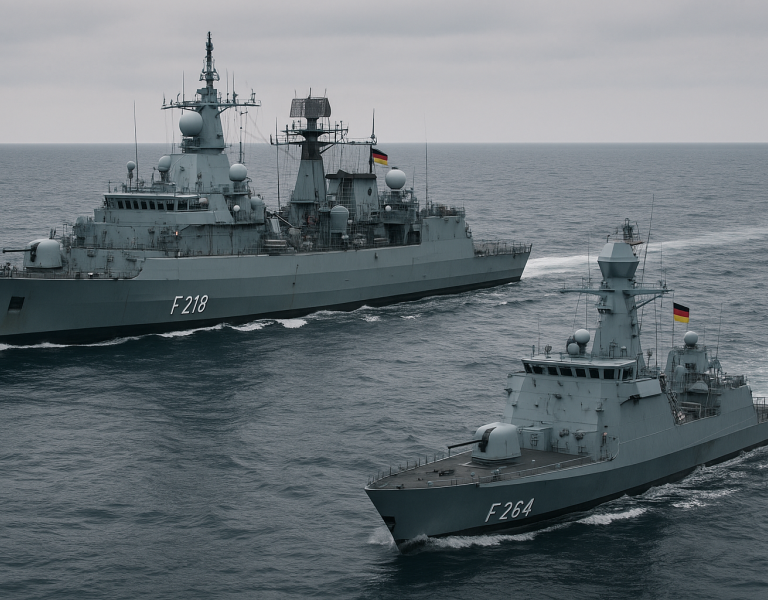
German Navy - Using Opus Suite for major procurement program
The German Armed Forces used Opus Suite in their LCC work through the organization BAAINBw. Our partner in the German defense market, Heiko Grossmann from Altenbach Consult, developed his view of the LCC methodology in Germany and how it was applied in the MKS 180 procurement.
The German Navy intended to procure a new class of multi-role combat ship called the MKS-180 class. Besides the quality and the price for the delivery of ships, mission modules, and the shore infrastructure for supporting the multi-role combat ship, the German federal procurement office BAAINBw made the expected lifecycle costs (LCC) of the ship class one of the emphasized features of the request for deliveries and services.
When the Navy decided to buy a modern class of new major combat ships, the procurement agency’s project team had already done their homework. After requirement capture, they had assessed various possible benchmark solutions and performed in-depth cost estimations for development, delivery, and lifecycle operation and maintenance of the ship class. This was reflected in the national defense budget planning.
When a procurement agency used the bidder’s promises regarding future lifecycle costs as one means to decide between bids, it was absolutely necessary that the LCC calculations of the competing bidders were comparable. For this purpose, a procurement agency had to make unambiguous prescriptions for the modeling assumptions and the terminology conventions to be adhered to. The bidders were provided with OPUS10 and CATLOC modeling templates that contained these assumptions. As a result, the bidders were enabled to produce absolutely comparable and similarly structured LCC models with their bids. The only – and significant – difference between the bidders’ models was their respective offerings.
The LCC models, however, were not only required for contributing to the evaluation of the bids. From our point of view, it was absolutely necessary to have the future contractor contractually guarantee the promised LCC for at least a considerable portion of the operations phase. Otherwise, the LCC requirement would have turned out to be a “toothless tiger,” and future bidders would not have taken LCC as a serious issue when preparing their bids.
The MKS-180 frigate procurement was regarded as a pilot project and a blueprint for future large procurement programs in order to better manage budget planning and the expenditure of armament budgets after the delivery phase. The underlying idea stemmed from a holistic view on costs, taking into account not only the upfront development and delivery price but also the operating and maintenance expenditures when evaluating the quality of the proposed solutions.
Book a demo
Related Articles